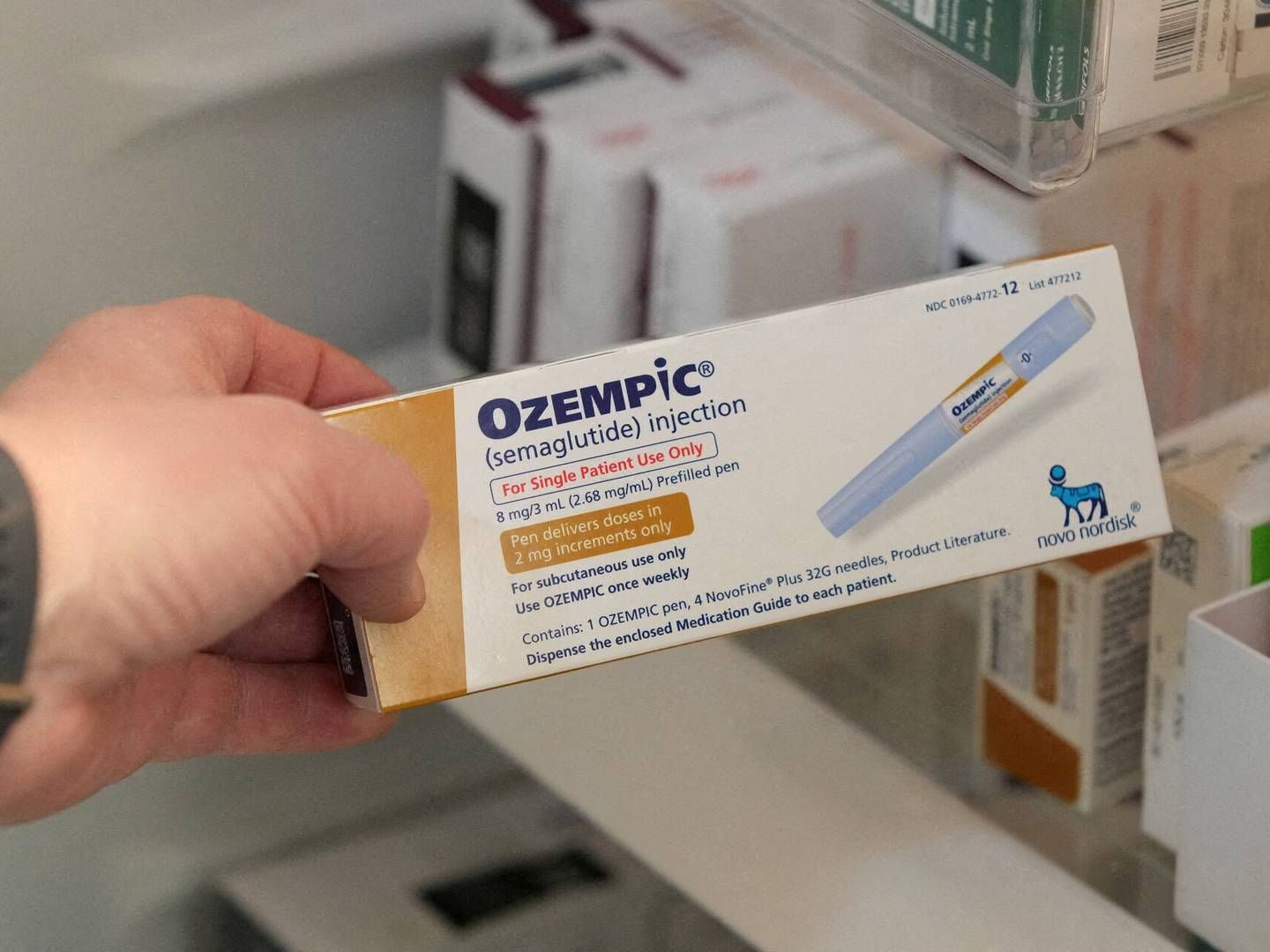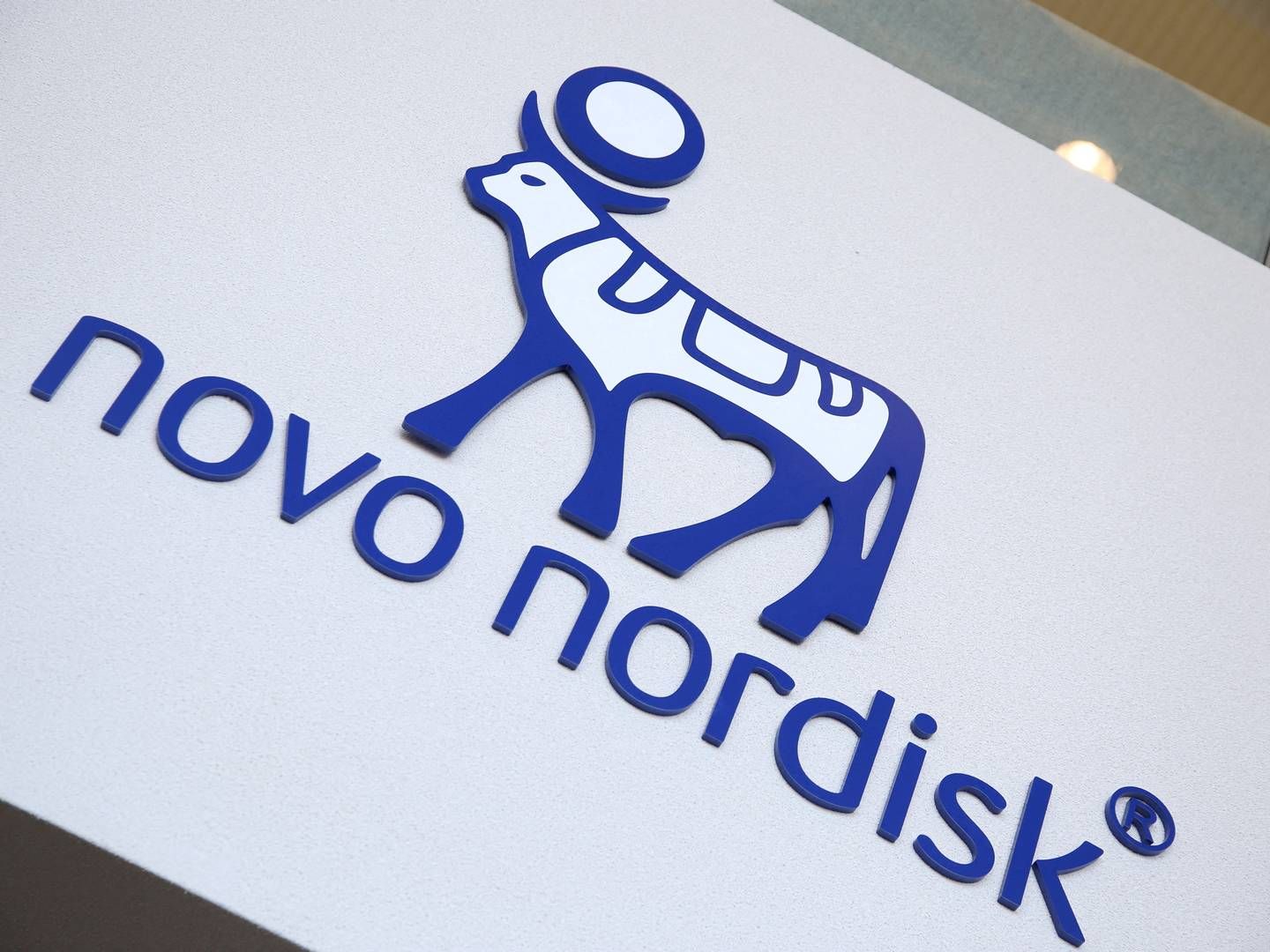Novo exec: 1,000 people trump a mouse eye

“I think it’s the most fascinating thing in the world to sit here and talk to you one a Friday afternoon with the sun beaming down to discuss beta-cells injected into the eye of a mouse to see how liraglutide affects it. It’s just the best.”
Novo Nordisk’s Chief Scientific Officer, Mads Krogsgaard Thomsen, has not exactly had his socks knocked off by a new study conducted by researchers from Karolinska Institutet in Sweden and the University of Miami, USA, published last Friday.
The researchers worked with humanized mice, generated by transplanting human insulin-producing cells into the anterior chamber of the eye. The mice were given daily doses of liraglutide – which is the active substance in diabetes drug Victoza as well as obesity treatment Saxenda - for more than 250 days, during which time the researchers were able to monitor how the pancreatic beta cells were affected.
The results showed an initial improvement in the insulin-producing cells, followed by a gradual exhaustion, with reduced secretion of insulin as a response to glucose. This, they say, was unexpected.
Victoza has been on the market for almost seven years and generated revenue of DKK 18 billion (USD 2.7 billion) in 2015 alone. The relatively long time on the market and the abundance of clinical data from human studies generated on the drug should outweigh the new study with mice, Mads Krogsgaard believes.
“To be serious, I believe it’s more relevant to look at the time people have been treated with both Victoza and Saxenda. We have published three-year data, showing that liraglutide given in a 3.0 mg. dose to people with prediabetes has a more than 80% curative effect. That means that after three years of treatment, 80% of the people with prediabetes were cured of it,” he says and stresses:
“Liraglutide has excellent long-term preserving effects on human beta-cells. That was the effect after three years. I think that three years’ treatment in more than 1,000 people trumps 250 days’ treatment in a mouse’s eye.”
Novo could still benefit from shuttered research area
Novo to actively enter potential multi-billion-dollar market
Novo CSO is pleased with product, disappointed by delay
- translated by Martin Havtorn Petersen
Would you like to receive the latest news from MedWatch directly in your e-mail inbox? Sign up for our free English newsletter below.
Relaterede artikler
Novo could still benefit from shuttered research area
For abonnenter
Novo CSO is pleased with product, disappointed by delay
For abonnenter
































